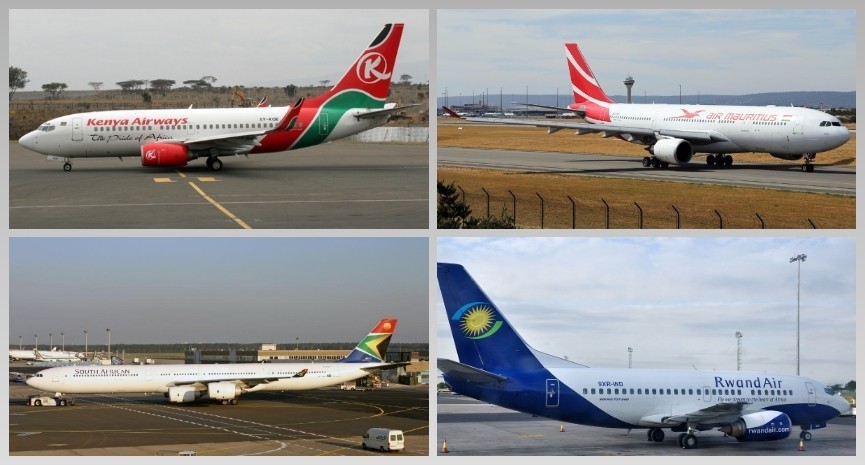Africa’s aviation sector is set to receive a huge boost with the opening of an aviation training center at Kotoka International Airport in Ghana’s capital, Accra. The $20 million project by Prodigy Avia Solutions is endorsed by African Airlines Association (AFRAA) and the government of Ghana.
In September, African Airlines resumed 72.92% of their international routes compared to February, 70.8% in October, 67.8% in November, and participants at a webinar organized by AFRAA and Prodigy titled “The Capacity Building Concerns in Africa and ATO Project Confirmation” decried the slow pace of air traffic recovery. AFRAA Secretary General Abdérahmane Berthé said, “Air traffic recovery has been slow and irregular. There was 25% traffic recovery in Q3 and 45% traffic recovery in Q4.”
Overall, it is estimated that African airlines capacity from January to November has dropped by 53.5% compared to 2018. That has brought about estimated losses worth $10.88 billion according to data announced by Berthé.
That may soon change with the proposed opening of a new simulator training center in Ghana, the second country in the region to host one after Nigeria, and that is set to become an aviation training center of excellence in Central and Western Africa. The project will cost $20 million upon completion in 2021, with 12.5 million as initial stage device investment funded through a mix of debt and equity or operating leases.
Speaking about the project, Captain Idriss Chedjou, Managing Partner at Prodigy Avia Solutions said, “It’s important that we work on establishing pilot and cabin crew training infrastructure for West and Central Africa. There will be a 4 Bay simulator center with plans for Boeing B737NG, B737 classic and Embraer ERJ145 or Airbus A320 or Q400 Full Flight Simulator.”
He also added, “There are plans for fixed base simulator, cabin crew simulator as well as aviation management and technical courses. The idea is when flights by international airlines to Africa fully resume, we can host Europeans who want to use the center.”
Ghana was selected to host the center as its government endorsed the project and partners were encouraged by the country’s political stability and favorable business climate. The West African nation was ranked as the “best place for doing business in the ECOWAS region,” by the World Bank, and is the largest recipient of foreign direct investment (FDI) worth $700 million in the first six months of 2020.
The project is key as Africa lacks the capacity of aviation training. Only seven countries, Morocco, Tunisia, Egypt, Ethiopia, Kenya, South Africa and Nigeria have simulator training centers, and Boeing’s 2020 pilot and technician outlook forecasts Africa will require an additional 23,000 pilots, 23,000 technicians and 26,000 cabinet crew to satisfy the demands of the $215 billion services market.
The Single African Aviation Air Transport Market Agreement (SAATMA) signed in 2018 aims at hastening the growth rate of the aviation sector that until COVID-19 struck was the slowest growing in the world. Boeing forecasts African carriers will require an additional 1,035 additional aircraft with 78% being for growth which is low compared to other continents.
The webinar noted that aviation in Africa remains rooted with many challenges exemplified by the fact that only two airlines – Ethiopian Airlines and Royal Air Maroc – have remained profitable in the last 10 years.
Aviation in Africa remains below 2-3% for the last 40 years with high cost of training due to reliance on non-African trainers to blame.

